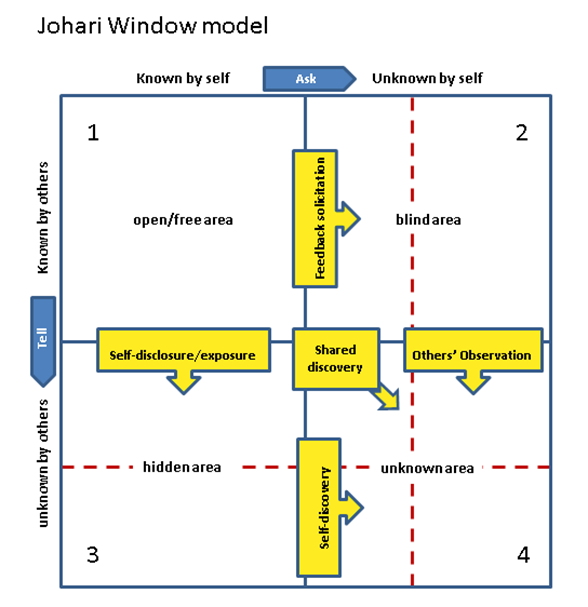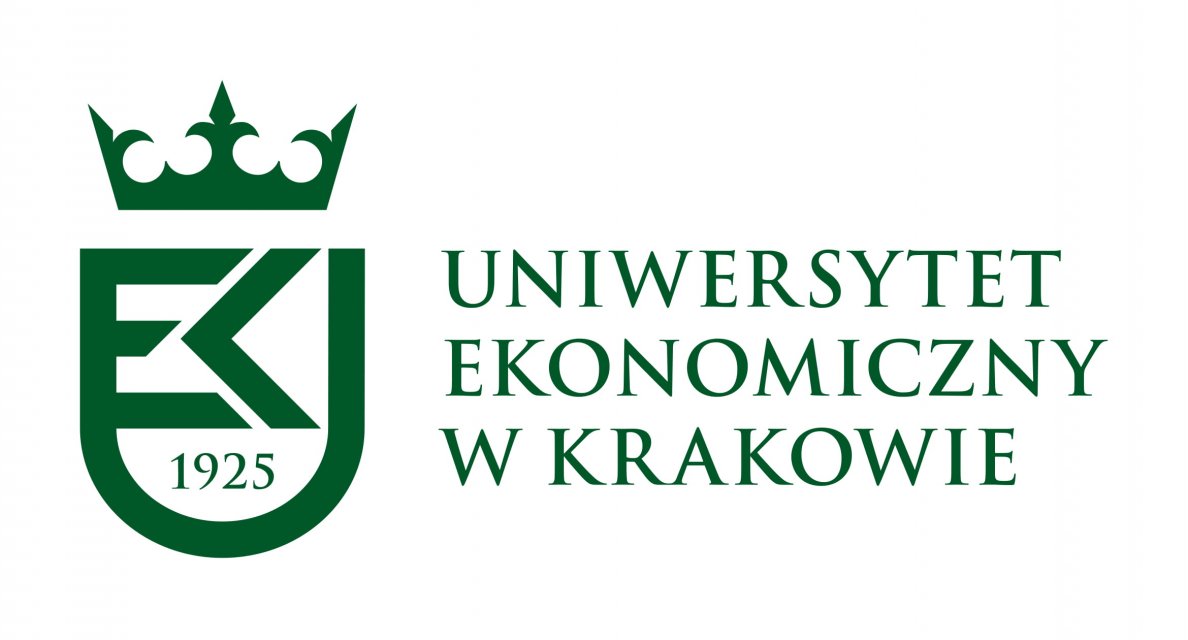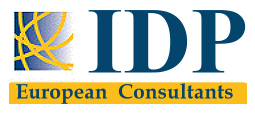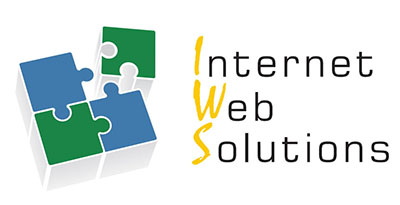• Envision yourself
- Visualize the best version of yourself
• Self-reflect
- Ask “What” instead of “Why” question
• Approach problem rationally
- Try to analyse the problem instead of being rushed by emotions
• Make notes
- In order to recognise beneficial and harmful patterns
• Practice mindfulness
- To relate mind, body and environment
• Ask for feedback
- Listen to other people’s perspective
Source: Betz (2021) @ betterup.com
• Identify your emotions
- What emotions do you experience each day?
- How often do you listen to your body?
- What causes some of your negative emotions?
• Recognize your coping mechanisms
- What are your most common coping mechanisms?
- When do you get the most defensive in life?
- What coping mechanisms did you develop as a child that no longer serve you?
• Define own beliefs independently
- What are your core values?
- When have you got caught up trying to please others?
- When have you based your decision more on other people’s expectations than your own?
• Prioritize what gives you joy and purpose
- What gives you joy and purpose?
- How often do you prioritize joy in your everyday life?
- What do you put above your joy and why?
• Identify your strengths and shortcomings
- What are your strengths?
- What are your weaknesses?
- How can you redesign your life or environment to emphasize your strength?
• Reflect on your needs in relationships
- What do you value most in friendships?
- What qualities do you need in a romantic partner?
- How often are you able to express what you need from the people in your life?
• Learn when and how to trust yourself
- What are the things you can trust most about yourself?
- When do your emotions conflict with decision-making?
- How can you build your confidence?
Source: clarity.com 2020
The Johari window technique
• A psychological tool created by Luft and Ingham in 1955)
• Helps understanding and training self-awareness
• Emphasis on soft skills (e.g. behavior, empathy, co-operation, inter-group and interpersonal development
• Applicable to a variety of situations and environments
Source: selfawareness.org.uk
| Quadrant 1: Open area |
Quadrant 2: Hidden self |
| Things we know about ourselves and others know about us. The part that you are able to discuss freely with others. Most of the time you agree with this view you have and others have of you. |
Things we know about ourselves that others do not know. In this part you hide things that are very private about yourself, this maybe to protect yourself, because you feel ashamed or vulnerable, or perhaps because of modesty. |
| Quadrant 3: Blind self |
Quadrant 4: Unknown self |
| Things others know about us that we do not know. E.g. You might see yourself as an open-minded person when, in reality, people around you don’t agree. This area also works the other way. You might see yourself as a “dumb” person while others might consider you incredibly bright. |
Things neither we nor others know about us.
This might refer to untapped potential talents and skills that have yet to be explored by you, your friends, colleagues or managers. |
Source: warwick.ac.uk
How it works?
• Start in open area by self-reflection
• Take feedback
• Be receptive towards feedback
• Consider whether to incorporate


 Play Audio
Play Audio 














